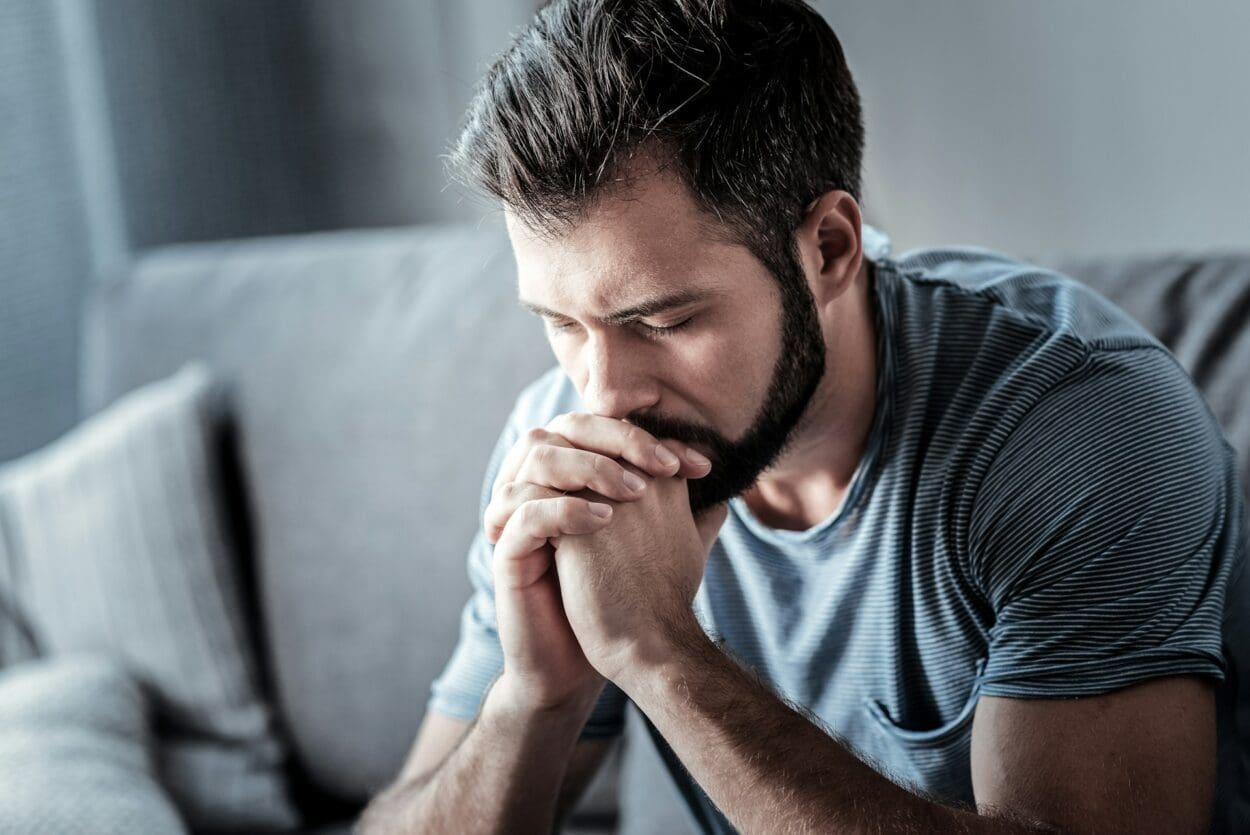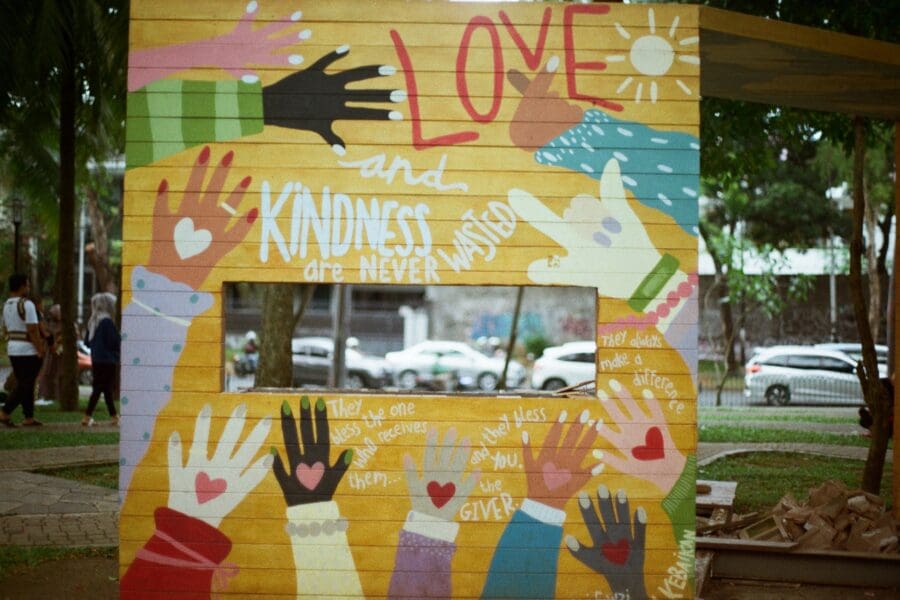Contrary to popular belief, grieving your abuser’s death is not always cause for celebration. The reality of grieving your abuser is a complex array of emotions that can leave you feeling estranged from loved ones.

The Complicated Reality of Grieving Your Abuser
“When he first died, the grief overpowered any ill feelings I had toward him. But sometimes, I’m glad that bastard is gone.”
There was a stillness in the air as I listened to my Tinder date recount the ways in which his father, a noble army commander, made his childhood a living hell. The verbal, emotional, psychological, and sometimes physical abuse he described paralleled my own experiences growing up to an almost uncanny degree. The feelings of perpetual anxiety, fear, and discomfort loomed within the walls of our respective childhood homes.
But the difference is that although my father and I are estranged, he lives on, as do the opportunities for reconciliation. My date, on the other hand, was faced with the complicated reality of his abuser’s recent death and the slew of disorganized, even paradoxical, feelings that emerged as a result.
My abuser is dead. Why do I feel so bad?
It’s a great misconception that your reaction to your abuser’s death would be celebratory. Not only is grief complicated, but abuse itself is complicated. Abusers don’t just wreak havoc on their victims at every waking moment. There can be a cycle of love bombing that draws you into their world, which may be why the abuse was excused for the duration of your relationship.
Abusers are also not simply caricatures of all things evil. They can be charming, smart, funny, fun, creative, wise, talented, sometimes even good. Undoubtedly, you share fond memories with them. Because of this, you may feel an amalgamation of emotions including sadness, anger, guilt, fear, anxiety, disbelief, and numbness.
Feelings of resentment, sadness, and anger can also arise because you may have never gotten the apology you always wanted and now, you’re left seeking closure. Their death may even reopen wounds that were on their way to being fully healed. This is unfortunately a superbly unfair part of the situation. However, there are ways of finding the right tools to reconcile with this loss.
Important Steps to Take While Grieving Your Abuser
I’m probably not the first to tell you that grief is not a one-size-fits-all experience. Each and every relationship on earth is unique and nuanced and as such, so is every experience with grief. However, there are some steps you can take to make sure you remain empathetic and fair to yourself while receiving the support you need during this time.
Don’t Judge Yourself for How You Feel, No Matter How That May Be
Grief is inherently complex, but when you are grieving the death of your abuser, there are additional battles that you are fighting internally.
Their death may leave you wishing you had done things differently.
Their death may be a small OR big relief for you, accompanied by potential guilt for feeling this way.
Their death may put you in situations where you have to listen to joyful anecdotes about their life from people who have no idea about how they treated you.
No matter the plethora of emotions you feel, they are all valid. The most important thing to understand, however, is:
Their death does not excuse your mistreatment, nor does it obligate you to eventually be okay with it.
It is natural to attempt to rationalize an abuser’s behavior. “Hurt people, hurt people” often rings true. Many abusers act the way they do because of broken childhoods or traumatic life experiences, including the failure to break their cycle of abuse. The important thing to remember here is that you can empathize with the circumstances that shaped them into the person they were, but regardless, you did not deserve their mistreatment; their behavior is still inexcusable.
Share with Loved Ones, But Be Selective
Grieving the death of your abuser is certainly not an experience that everyone can relate to, nor may they have the right words to help you work through the grief. Loved ones who were aware of the abusive dynamic may feel confused and frustrated by any semblance of sadness or guilt you express. As a result, mourning the loss of an abuser can cause feelings of isolation from your support system, also known as disenfranchised grief.
Of course, your loved ones mean well. They may be angry with you. They are hurt for you. They want the best for you and may see this death as an opportunity for your freedom. However, they may not be able to wrap their heads around the complexities of grieving an abuser.
Because of this, you should be selective about whom you open up to, especially in the early phases of grief.
Seek Professional Help While Grieving Your Abuser
No matter how well-intentioned your support system may be, they are not always equipped with the tools and resources to help you work through this loss. Luckily, many licensed therapists specialize in grief and even complicated grief and can help you pave a pathway to inner peace.







Leave a Comment